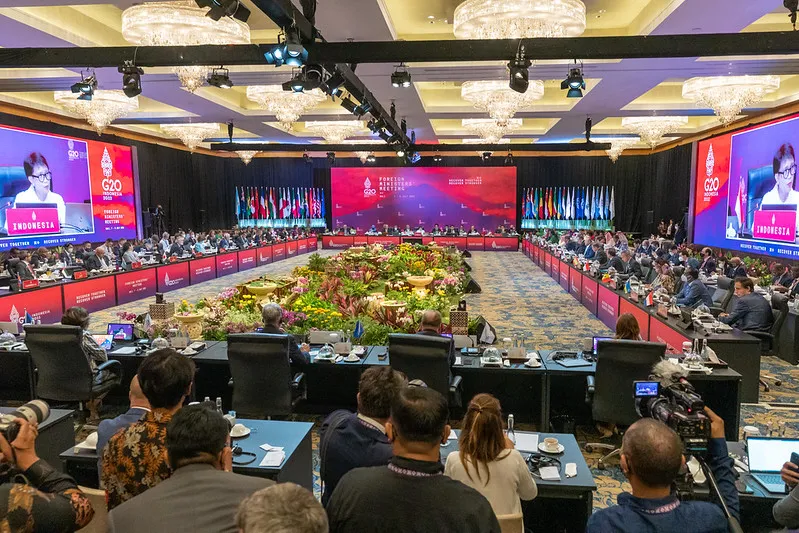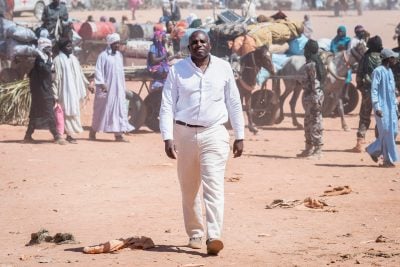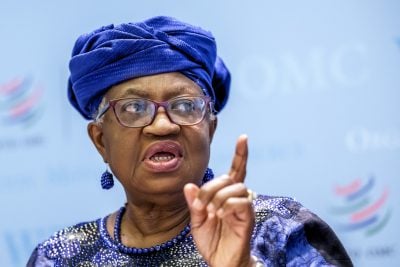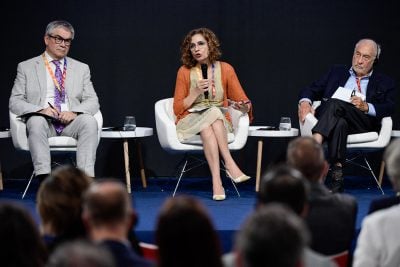It is looking increasingly likely that the African Union will be admitted as the 21st member of the G20 during the next summit to be hosted by India, thereby correcting a historical imbalance where the only other highly integrated continental region – the EU – had been a founding member. So far, well over of half of the G20 members have announced at head of state level their support for this, kicking off with China in August 2020 and, most recently Russia during its Africa summit. Kudos must go to Senegal’s President Macky Sall initially for leading this charge, writing to all G20 elements in early 2020 to set the case for this multilateral shift, and to India’s President Modi for following up recently with another letter to G20 members to reinforce his support for full agreement during the forthcoming summit.
That said, some of the modalities for exactly how the AU turns up for and prepares its positioning for the world’s most powerful economic and financial discussions are yet to be established.
Although the G20 now convenes a plethora of meetings and topics from trade to development, at its most fundamental level, the G20 interacts at three levels: the leaders’ level, the finance ministers’ level and the central bank governors’ level. As agreed at this year’s Heads of State meeting, the AU Chair – which this year is the President of Comoros HE Azali Assoumani – and the AU Commission Chairperson – HE Moussa Faki – will represent Africa at leaders’ level at the G20.
However, the finance ministers and central governors’ levels are less clear, partly because African regional coordination at a monetary level is still a work in progress. For instance, only one country, Chad, has ratified the instruments to create an African Monetary Fund, and the establishment of the African Central Bank is expected to start between 2028 and 2035. Otherwise, the President of Africa’s central bank would attend, just like the ECB’s President Christine Lagarde does for the EU. Similarly, European Commissioner Paolo Gentiloni, ECB’s President and Swedish Minister for Finance Elisabeth Svantesson represented the EU Council of Ministers at this year’s G20 Finance Ministers and Central Bank Governors (FMCBG).
What options does the AU have then? One option is for the AUC’s Commissioner for Trade and Industry at the African Union – currently Commissioner Muchanga – plus the finance minister from the country of the AU Chair, to together represent the continent at the finance ministers’ level. For the central bank meetings, the AUC Commissioner could equally attend or be substituted with the head of an African international financial institution (IFI), such as the African Development Bank or Afreximbank. There are arguments that may come up based on the shareholders and executive directors of some of the IFIs such as the African Development Bank whose largest shareholders include the United Kingdom, United States and Japan. One may argue that the bank is not autonomous. Afreximbank on the other hand could take up this role given that the board of directors are African and the bank’s shareholders are categorised into classes – all of whom comprise African entities. Another option would be to rotate this position amongst several African financial institutions every two or three years. A further alternative yet would be to have a specially appointed envoy accompany the AU Chair finance minister and central bank governor – as Ibrahim Mayaki and Daouda Sembene have proposed in a recent article, this envoy would have a strong finance background and could provide the consistency and expertise required.
Last but not least, anyone familiar with G20 processes knows every G20 country or region needs its “Sherpa. ”Sherpas” carry the weight of the G20 representatives in climbing up the mountain of a G20 summit. Sherpas are incredibly important, as they engage in all the strategic diplomacy required to make the G20 successful from their country’s or region’s perspective. Again, it is possible that Commissioner Muchanga plus the foreign minister or special diplomatic advisor from the country of the AU chair could together act as the G20 Sherpas for the AU. Another alternative would be for the AUC chairperson to appoint a special envoy to be G20 Sherpa or finance minister representative in place of Commissioner Muchanga for one of those sets of meetings, so as to avoid overload while still ensuring continuity and stability in representation, negotiation and implementation. A further alternative would be to utilise the regional economic communities (RECs) for this position, rotating the actual representatives between the eight regional representatives every two or three years. This could also make sense because the REC heads attend the AU meetings in their official capacities, meaning they are aware of the issues that require to be solved in the AU and in their respective regions.
The AU, like the EU, has the apparatus and extremely credible diplomatic and financial prowess to deploy to strategically engage with the G20. It is simply a means of deciding who does what. The African Union Commission and AU Chairperson can start to make these decisions now. If they are announced at the same time of the summit decision to admit the AU to the G20, they will provide confidence that the AU will be an organised and influential member of the G20. At this uncertain geopolitical time, such confidence will be helpful to the G20 and the entire world beyond.
To discuss this more, the South African Institute of International Affairs will host a panel discussion on Monday 21st August 2023. Panellists include Dr. Ibrahim Mayaki, Dr. Malancha Chakrabart, Professor David Monyae, and Dr Adeoye O. Akinola. Register here and attend virtually.
Ivory Kairo is a policy analyst and communications assistant at Development Reimagined, an African-led International Development Consultancy. Twitter: @ivory_kairo
Want to continue reading? Subscribe today.
You've read all your free articles for this month! Subscribe now to enjoy full access to our content.
Digital Monthly
£8.00 / month
Receive full unlimited access to our articles, opinions, podcasts and more.
Digital Yearly
£70.00 / year
Our best value offer - save £26 and gain access to all of our digital content for an entire year!
 Sign in with Google
Sign in with Google 



